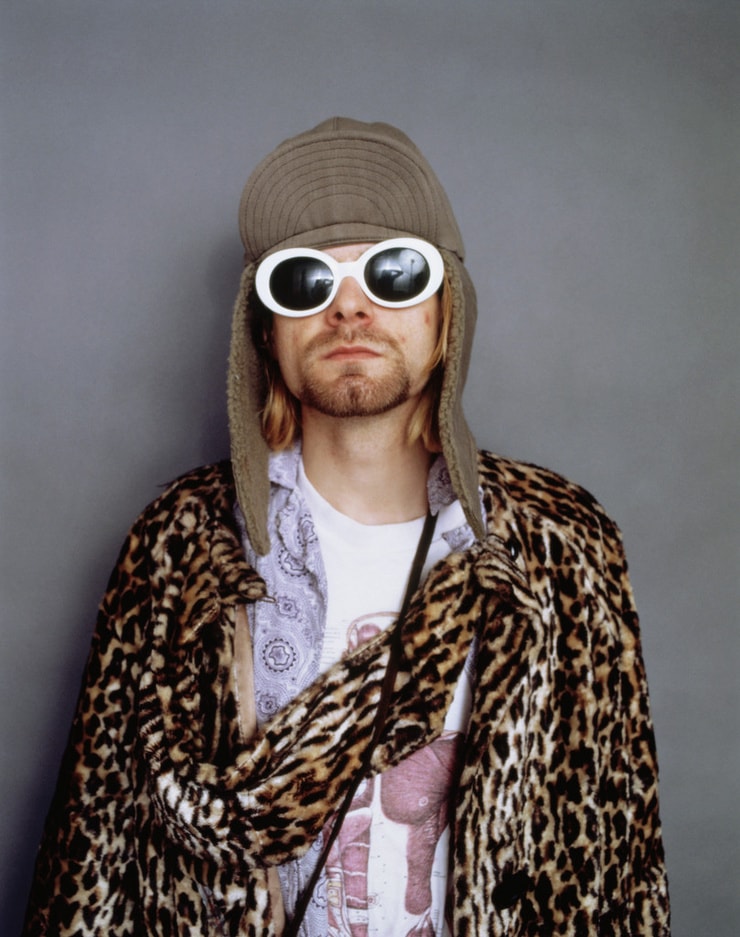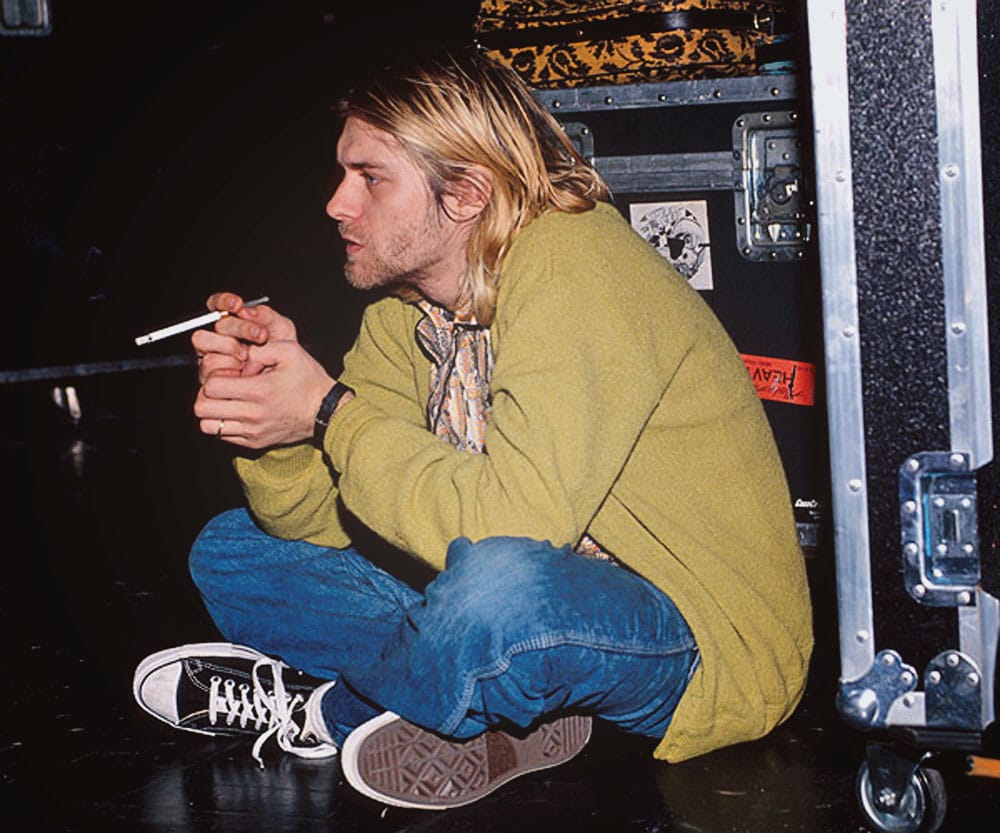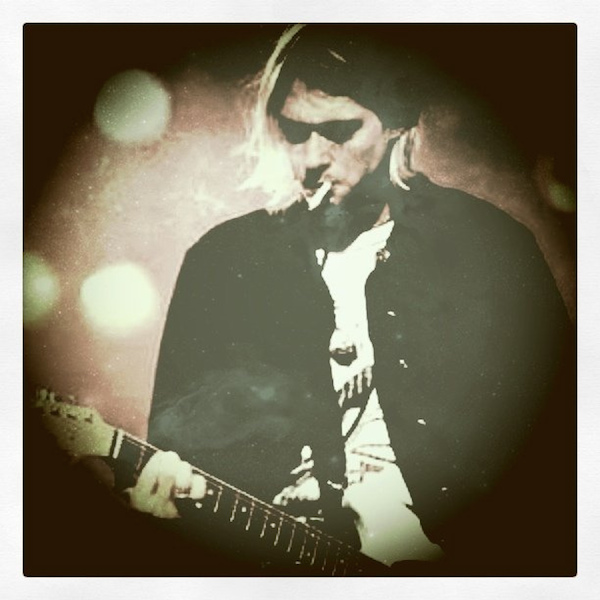
Maybe the true meaning of Nirvana cannot be expressed in words, because if there is any meaning at all, it exists in the brain of a fourteen year-old hearing “I swear I don’t have a gun” for the first time. I probably know less about Kurt and his legacy now than I did twenty years ago. And while not busy locating Malaysian Air 370, Courtney Love continues to collapse in on herself in a way that’s vaguely reassuring. Infant Frances Bean is now not only an adult, but a quasi-celebrity.

A long-rumored comprehensive Nirvana boxed set is tied up in litigation.

What remains? The Foo Fighters put out the occasional tepid album. Because it’s two decades after he intentionally left us. It could only have been produced by a trio, fronted by a reticent, self-loathing left-handed guitar player whose basic message was, “you are not alone.”īut we are alone. Nirvana’s sound could have only come out of rain-pounded Seattle and the cultural wasteland that was the Pacific Northwest in the depths of Clinton-era self-satisfaction. It was a crude notion that fatally misinterpreted the memo. and Sonic Youth were rudely ignored while a massive search was conducted for the “next Nirvana.” They’re still looking. Less than six months after his death, alternative replacements like the Dinosaur Jr. No one will ever fill Kurt’s Converse Hi-Tops. He is revered because he chose a shotgun over disappointing us all by getting older and revealing himself as human. Kurt is a god because he never had the chance to change. Fans hate when their musical heroes evolve.

Better to die depressed and strung-out than to break up the band and start recording electronica with Michael Stipe. Kurt remains beloved for his perceived authenticity, and perhaps his suicide feeds into that notion. There is nothing to write about Nirvana that hasn’t already been written, no Kurt speculation that will shed light on his place in the pantheon of screamed lyrics and distorted guitars. All the way home my ears rang so loudly I couldn’t hear my own cynicism.īy now you’ve probably guessed that the band was Nirvana, and the cassette was Bleach. Kurt Cobain was 27 years old when he died and will be inducted into the Rock and Roll Hall of Fame on the 20th anniversary of his suicide, which begs for some sort of analogy. After the set, they sat at the bar and drank for hours. The band seemed bored of themselves by the end of the third song anyway. I spent most of the show hustling the local sharps at pool, barely paying attention. The band came onstage to the same sort of applause that breaks out in a cafeteria when someone drops a tray. The venue was tiny, in the middle of nowhere.

She said that was good, because they were playing that night in Cleveland. I liked how the vocal lines often matched the guitar parts. I thought they had an unusual sense of melody. She handed me a TDK and said, “listen to this.” I did, in the AV basement where I was splicing together a very important 16mm film that less than ten people would ever eventually see. It also meant all your tunes were on cassette. Being nineteen in 1989 meant a feigned indifference toward commitment of any kind. Mainly because she was seeing other people and I couldn’t be bothered to ask her not to. This article originally appeared on The Weeklings.


 0 kommentar(er)
0 kommentar(er)
